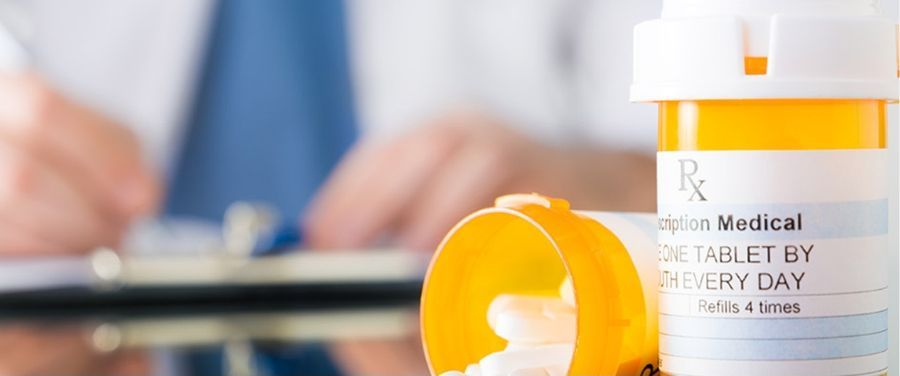Generic Name— Dabigatran
Brand Name(s)— Pradaxa
What Is Dabigatran?
Dabigatran is a medication used to treat and prevent blood clots and to prevent stroke in the people with irregular heartbeat or atrial fibrillation. Dabigatran medication is used to prevent blood clots from forming after hip or knee replacement surgery.
The medicine is used as an alternative to warfarin and doesn’t need monitoring by blood tests. It is taken orally by mouth.
Dabigatran was approved for medical use in the United States in 2010.
Important Information:
Dabigatran medication can cause you to bleed more easily. Ask your doctor if you have —
- Nosebleeds
- Bleeding gums
- Blood in stools
- Heavy menstrual periods
- Blood while coughing
- Abnormal vaginal bleeding
- Blood in the urine
Many other drugs may increase the risk of bleeding when taken with Dabigatran. Tell your doctor about all medications you are currently taking.
Stopping this medication suddenly may increase the risk of blood clot or stroke. Ask your doctor before you stop taking this medicine.
Interactions:
Tell your doctor or health care provider about all your current medications and any you start or stop using, especially —
- Mifepristone
- Cobicistat
- Cyclosporine
- Dronedarone
- Ketoconazole
- Rifampin
- St. John’s wort
- Aspirin
- Salicylates
- Nonsteroidal anti-inflammatory drugs (NSAIDs) such as ibuprofen, naproxen, celecoxib
Consult with your doctor about using a different medication (such as acetaminophen) to treat pain or fever.
If you have been prescribed low—dose aspirin and related drugs such as ticlopidine and clopidogrel for specific medical reasons such as heart attack or stroke prevention, ask your doctor before taking this medication.
What Are The Side Effects Of Dabigatran?
Common side effects may include —
- Nausea
- Diarrhea
- Stomach pain or discomfort
- Indigestion
Call your doctor or health care provider if you have —
- Easy bruising
- Unusual bleeding
- Headache
- Weakness
- Dizziness
- Easy bruising
- Pink or brown urine
- Joint pain or swelling
- Heavy menstrual bleeding
- Blood in your urine or stools
- Unusual bleeding (nose, mouth, vagina, or rectum)
- Purple or red pinpoint spots under skin
- Cough with bloody mucus or vomit that looks like coffee grounds
What Should I Avoid While Using Dabigatran?
It is advisable to avoid consuming alcohol. Heavy drinking may increase the risk of stomach bleeding.
Also avoid the activities that may accelerate the risk of bleeding or injury. You should take extra care to prevent bleeding while shaving or brushing your teeth.
What Happens If I Miss A Dose Of Dabigatran?
Take the medication as soon as you remember. Skip the missed dosage if you are more than 6 hours late for the dose. Do not take two doses at the same time.
What Happens If I Take An Overdose?
Seek emergency medical help or call the Poison Help line at 1—800—222—1222.
RELATED ARTICLES:
- Eliquis (Apixaban) : Side Effects, Uses, Dosage and Interaction
- Levothyroxine : Side Effects, Uses, Interaction and Precautions
- Citalopram : Side Effects, Dosage, Uses and Interactions
- Alendronate Side Effects, Uses, Interactions and Precautions
- Amlodipine Medication : Uses, Dosage, Interactions and Side-Effects
- Lexapro (Escitalopram) : Uses, Side-Effects, Dosage, Interaction and Precautions

Hi there very cool site!! Man .. Beautiful .. Amazing .. I’ll bookmark your site and take the feeds additionally…I am glad to find so many useful information right here within the publish, we’d like develop more techniques on this regard, thank you for sharing. . . . . .
Thanks Josephine Scheidel.